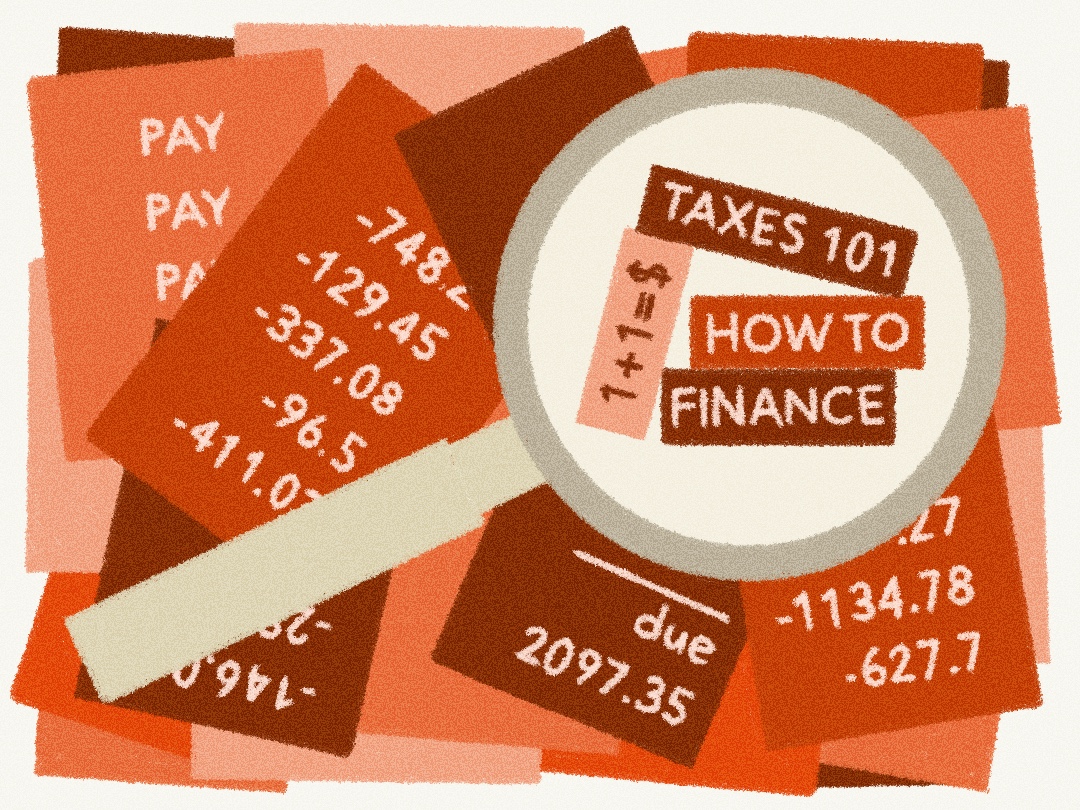

Coping With Financial Stress
Assess The Situation
First, determine what’s causing you stress. Is it a constant concern related to your financial situation, a looming financial event or decision, or a seemingly insurmountable financial struggle? This may be uncomfortable to even think about, but taking the time to determine what’s triggering your discomfort is the first step to solving it.
Mentally pinpoint the top five concepts that spike your anxiety. Maybe it’s retirement, budgeting, college savings, debt payoff, market volatility, medical bills, or another financial topic. Also check if that stress manifests as avoidance. For example, do you delay opening mail from your financial institution or put off paying bills? Be honest with yourself about the impact your stress is having on your financial and mental health.
Recognize the Impact of Financial Stress
Financial stress can have a tangible impact on everyday life. Common physical symptoms of stress include…
- Headaches
- Restlessness or sleeplessness
- Chest pain
- Memory problems
- Weakened immune system
Some people turn to coping mechanisms or distraction techniques that are detrimental to their overall mental, physical, and financial health. These include…
- Drug or alcohol misuse
- Impulse or distraction purchases
- Withdrawal from friends and family
- Procrastination and avoidance
- Emotional eating or other unhealthy habits
Recognizing these impacts in your life is the first step to improving them.
Facing a Financial Crisis
Financial stress is often caused by a real and immediate financial challenge, like job loss or housing insecurity. In these and other cases, the first step is to get on solid financial ground. The resources in this collection explore options for immediate relief, and help you make a plan for what to do next. If you need additional or more personalized guidance, consider calling 211 or visiting 211.org. This connects you to local human and social services that provide emergency assistance on mental health, caregiver options, and bill payments.
Name Your Emotional Response
Reflect on whether your stress comes from a lack of knowledge around those topics, or fear of the unknown. Do you feel behind in retirement savings? Trapped by debt? Overwhelmed by investing? If you can name your emotional response, it’s easier to separate financial fact from fiction. In fact, the way you talk about a problem can impact how you feel about it. Think about how you feel when you say, “I feel trapped by my debt,” instead of “I’m working on a plan to tackle my debt.” Practice using language that puts you in control of the situation, even if you don’t have it figured out yet.

Turn Awareness to Action
If you’re stuck in a cycle of avoidance or feeling overwhelmed, it’s time to take action. Choose one area of high financial stress and make a plan for improvement. Your plan could include:
- Seeking information. A lack of knowledge often brings anxiety. Look for informed, non-judgemental resources where you can learn about topics at your own pace, like the Wellness Center at Banzai.org/wellness.
- Taking one small step. You don’t need to solve the entire problem today, but simply take one small step to interrupt the cycle of stress. For instance, if you’re avoiding checking your credit card balance, log into your account and write the number down. That’s it. You can schedule a payment or make a paydown plan tomorrow.
- Tracking your progress. Build on little wins by documenting the improvements. You could track improvements to your FICO® Score, fill out a debt payoff tracker, or even save money in a jar. Whatever makes you feel better and builds momentum. Talk to lenders. If your financial stress is the result of real issues with debt management, seek professional advice. Talk with an expert at your financial institution and get help creating a customized plan.
- Talking to a mental health professional. A counselor, therapist, or other mental health professional can improve your coping skills and recognize damaging emotional patterns.
Interrupt the Cycle
You don’t have to be perfect with money to feel better about it and reduce your overall financial stress. Often, simply having a plan for dealing with the issue can take a weight off your shoulders. Identifying your top triggers and committing to one small step a day can make a major difference in managing your mental health around finances.
Neither Banzai nor its sponsoring partners make any warranties or representations as to the accuracy, applicability, completeness, or suitability for any particular purpose of the information contained herein. Banzai and its sponsoring partners expressly disclaim any liability arising from the use or misuse of these materials and, by visiting this site, you agree to release Banzai and its sponsoring partners from any such liability. Do not rely upon the information provided in this content when making decisions regarding financial or legal matters without first consulting with a qualified, licensed professional.

